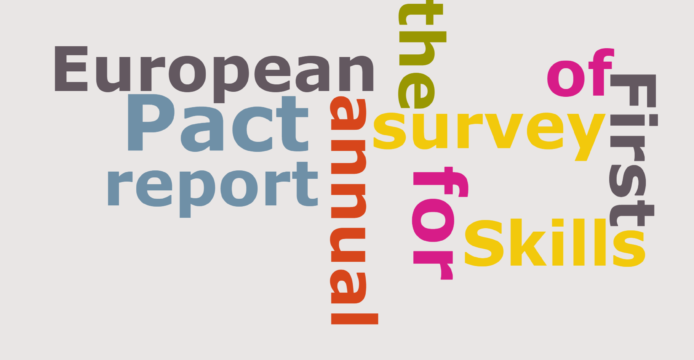The European Pact for Skills aims to support public and private organisations with upskilling and reskilling, so they can thrive through the green and digital transitions. Members of the Pact have access to knowledge on upskilling and reskilling needs, advice on relevant funding instruments to boost the skills of adults in their regions and countries, and partnership opportunities. National, regional and local authorities; companies; social partners; cross-industry and sectoral organisations; chambers of commerce; education and training providers; employment services can become members of the Pact.
All members of the Pact can benefit from three dedicated services:
- Through the Networking Hub, members can find partners and relevant EU tools (like Europass, Skills Panorama, EURES and the European Network of Public Employment Services). They can also promote their activities.
- The Knowledge Hub organises webinars, seminars and peer learning activities for members. It also provides updates on EU policies and instruments, as well as information on projects, tools, and best practices.
- In the Guidance Hub, members can find information about EU and national funding opportunities, and guidance to partnering with national and regional authorities.
The first Pact for Skills Annual Survey assesses progress made up to December 2022 in upskilling and reskilling people of working age through collaboration and partnerships. 461 registered Pact members participated in the survey from February to March 2023.
Key figures from the report include:
- 2 million people benefited from up-and re-skilling activities
- 19 million people were reached by promotion and dissemination activities
- 21 500 stakeholders joined forces in skills partnerships or networks
- 15 500 training programmes were updated or developed
- €160,000,000 was invested into upskilling and reskilling by Pact members
In addition, Pact members are delivering on their commitments, making progress on 90% of commitments across the four Pact principles, which are: promoting a culture of lifelong learning, monitoring skills supply/demand, building strong skills partnerships and working against discrimination and in favour of equal opportunities.
Finally, the report shows how involvement in a skills partnership has a positive impact on the up- and re-skilling efforts of an organisation. Pact members found that being in a large-scale skills partnership improves skills monitoring, enhances the quality of up- and reskilling opportunities and creates more inclusive up- and re-skilling activities.
Interested to read mor, then read the annual Report

